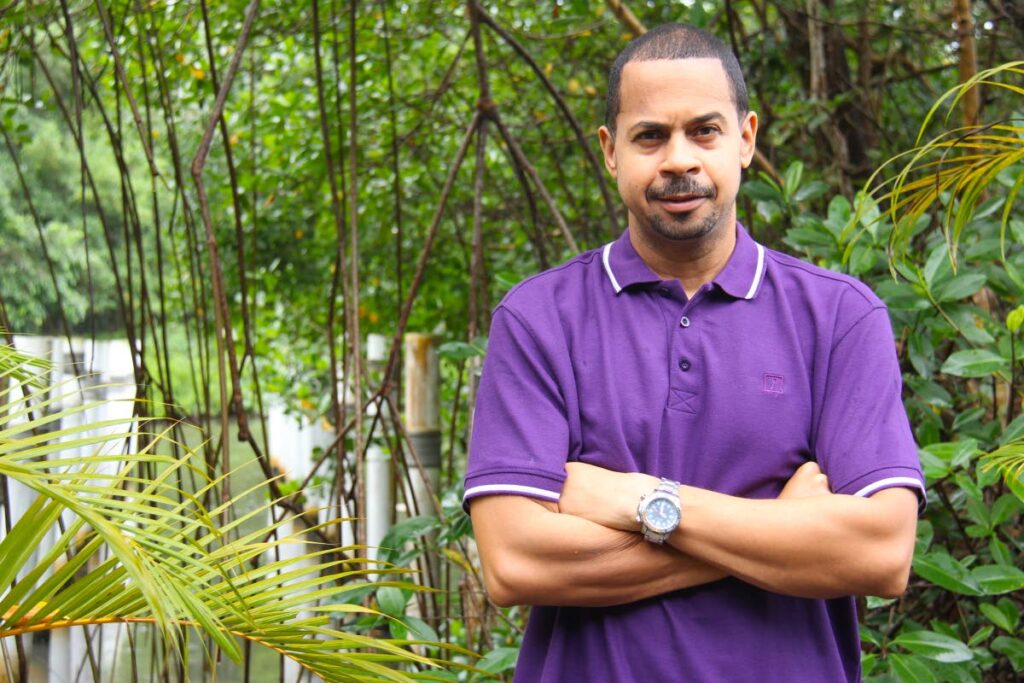Crime and poverty

PAOLO KERNAHAN
SEEMS everywhere nowadays someone is lurking outside a bank machine, grocery or inconvenience store with hands out in need of alms. Thousands are having a rough go of it.
If I can, I help. Still, I'm skittish as a fly when reaching for my wallet. There's always a nagging suspicion I'm being played.
A young mother bounces a baby tightly cocooned in a blanket in one arm. In the other she holds a sign itemising her needs – milk, diapers, eggs, AA batteries, etc.
Is there an accomplice hiding behind a lamppost like a zandolie, waiting to pounce on me with my wallet in hand? She could be cradling a swaddling yam wearing a baby bonnet.
It's terrible to think the worst of people. That, sadly, is a side effect of living in a society ravaged by the worst of people.
Recently there was a video of a young man doing a social experiment on TikTok. This is how it works: you approach some rando asking for money to cover a taxi, sandwich or medication.
Someone records the reactions of the people who've been approached. Should anyone fork over the money, the facilitator of the experiment tells the kind stranger they'll be rewarded $1,000 for their generosity!
So this chap trotted out his experiment at West Mall. There were, though, several variables unaccounted for. Many of us are leery of getting braced in public by strangers. This is a natural consequence of a siege mentality; criminals are camouflaged everywhere simply waiting for a momentary lapse to grab you by the jugular. Many of the experiment's “marks” were either visibly wary or apathetic to the tale of woe provided.
Another variable the social experiment failed to make room for was this:
At the eastern end of West Mall shoppers usually face a phalanx of panhandlers at the gated entrance. There are usually five-six people of varying ages, all plucking furiously at the heartstrings of shoppers. Needless to say, the young man was ignored by most subjects as he sidled up to them.
In an ironic twist, the people who eventually stopped and helped looked to be Venezuelan. Two migrants, reviled by many in TT society and coming from a country with one of the highest crime rates on the planet, were the ones to dig into their pockets. Go figure.
The social experiment got me thinking about the number of people canvassing for aid. At the traffic lights near West Mall there used to be a few squeegee boys hustling motorists. That group has expanded considerably in recent times.
There are now swarms of windscreen attendants on the eastbound and westbound lanes at the same traffic lights.
Many people comfort themselves with the belief that more panhandlers on the streets is just pandemic fallout. It's happening everywhere in the world. As such, the trend portends nothing deeper about TT's economic health.
The truth is more nuanced than our perpetually frazzled minds care to confront.
Countless citizens exist on the fringes of a grossly imbalanced, artificial economy. They are one unforeseen calamity away from outright destitution. Illness or a major expense like auto repairs is enough to make people with little to no financial wiggle room fall dangerously behind on bills and rent.
Thousands of people lost fragile employment that couldn't endure lockdowns. Even if they can get other small jobs, their income is fixed. This makes it impossible to get abreast of financial obligations.
This cycle of strife and penury is often bequeathed to children. How can children concentrate on schoolwork in an oppressive environment of financial instability?
Our inadequate education system is another investment in the country's perpetual stagnation. Designed exclusively for certification through exams, our outdated education caters only to the naturally gifted. Consequently, thousands of young people are extruded at the other end of this corroded pipeline ill-equipped to support themselves.
It's easy to dismiss criminality or begging in the streets as a conscious choice. That opinion reflects the luxury of not having to choose between schoolbooks for your children and paying the rent.
Detachment from a broader reality allows many people the latitude of judging others from their perches of privilege.
Growing numbers of needy citizens and the rise in both petty and violent crimes are the spreading cancer we've ignored for decades. We are experts at spotting the symptoms but not the disease. Perhaps we will diagnose it in detail after the disease has claimed us all.

Comments
"Crime and poverty"